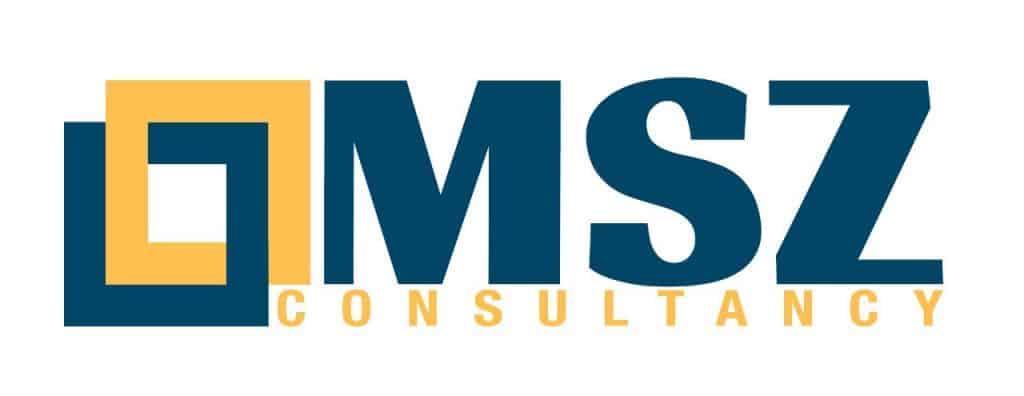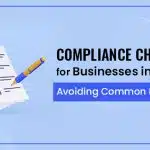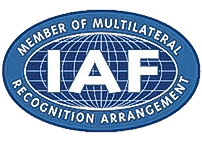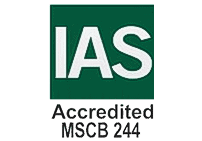Dubai has become a pillar for international business and trade in recent years. Investors from around the globe travel to the region to form companies, conduct business, and take advantage of diverse investment opportunities. And one particular trade is particularly profitable. Warehousing is a great business activity that is set to grow tremendously over the years.
If you’re interested in warehousing business formation in Dubai, you’ve come to the right place. Below, we’ve put together a step-by-step guide on forming your warehouse business in the UAE.
Crucial Things to Consider Before Starting Your Warehouse Business in Dubai
Before taking on any business activity, it’s essential to understand the entire endeavor comprehensively. For this, you’ll need to:
1. Conduct Detailed Market Research
Deep market research will help you develop a keen idea of the market around your product or service, the industry’s major players, and discover your best avenues for profit.
2. Documentation Requirements
Though designed as a streamlined process, forming a company in Dubai requires a bit of paperwork. You’ll want to be familiar with all the required documents and procedures.
3. Understand the Logistics Sector
Dubai has broad and somewhat scattered rules regarding customs and clearances. In many cases, investors will choose the assistance of third-party business consultant experts to handle these critical business aspects.
4. Real-Time Meetings with Potential Clients
For warehousing businesses, meeting in person with suppliers is a meaningful way to network and communicate. Meeting with them in person can increase your rapport and handle any disagreements quickly and effectively.
5. Hire Skilled Workers
Dubai is home to a vast pool of skilled workers. By choosing the right people for your business, you’ll ensure that your business has the maximum chances of success.
6. Attract Customers
You’ll want to develop a clear and solid marketing campaign around your business. This will allow you to establish new clients and keep current ones happy.
7. Plan Out Long-Term Goals
One of the best ways to ensure success in any business is to do the homework necessary to plan long-term goals. This will allow you to work more efficiently in the short term while constantly moving toward completing long-term objectives.
Required Documents for Forming a Warehouse Business in Dubai
Forming a new business is a big step! And you’ll want to ensure that you have everything in order before submitting a business license application. Some of the documents you’ll be required to have ready include:
• Copies of passports for all shareholders
• Memorandum of Association (MOA) and Articles of Association (AOA)
• Proof of trade name reservation
• Documentation proving the company’s physical address
• Copy of Insurance Policy
• Civil Defense Certificate
• Warehouse plans
• List of commodities to be stored
• Details regarding inventory
The Steps Required for Warehouse Business Setup
When forming a warehouse company in Dubai, there are several steps you’ll need to take. These include:
1. Define Your Company’s Operations
There are a wide array of different warehousing operations that range from freight and cargo to transportation and more. You’ll want to determine what type of business activity you’d like to conduct.
2. Choose a Location
When you form a company in Dubai, you’ll be able to choose between forming it in the Mainland or in one of the region’s many Free Zones. Depending on your business type and your overall goals, there are numerous location options available to you.
1. Dubai Mainland
Forming a warehouse business in Dubai’s Mainland comes with a variety of advantages, including access to local markets, reduced tax responsibilities, and overall ease of conducting business.
2. Free Zones
Dubai’s Free Zones feature numerous jurisdictions that all handle various business activities. Some of these jurisdictions specifically handle warehousing companies and offer a wide range of tax incentives and business-friendly regulations.
3. Jebel Ali Free Zone (JAFZA)
The Jebel Ali Free Zone is an economic jurisdiction located in Dubai. It’s a community dedicated to electronics, automotive, food and agriculture, e-commerce, and logistics, to name a few.
4. Dubai Airport Free Zone (DAFZ)
This Free Zone, established in 1996, serves as part of the Dubai government’s plan to develop the city into an investment-driven economy. It’s the fastest-growing Free Zone in the UAE and offers benefits such as total ownership, full repatriation of funds, and world-class infrastructure.
5. Dubai Logistics City Free Zone (DLC)
The Dubai Logistics Free Zone is another sector of Dubai that focuses on production, manufacturing, packaging, and more.
6. Dubai South Free Zone (DSFZA)
Dubai’s South Free Zone is regarded as one of the largest developments for aviation and logistics ecosystems. It’s also known for offering a tremendous business-friendly atmosphere and diverse opportunities.
3. Request a Trade Name
The next step will be to choose a business name and submit a trade name request with the Department of Economic Development (DED). Your business name may not be taken and may not include profanity.
4. Submit Application and Pay Fees
At this point, you’ll gather all the necessary information along with your application and send it off to the Department of Economic Development. After paying the prerequisite fees, you’ll be mailed copies of your documents along with your new business license.
5. Submit Visa Applications
Once you’ve obtained your business license, you’ll need to secure visas for yourself and your employees. You’ll also be able to sponsor dependents such as children or spouses.
6. Open Banking Accounts
Before you can truly get down to business, your company will need a bank account. Opening a UAE corporate bank account can be a bit of a challenging process for those unfamiliar with the rules and regulations of the region. That’s why many investors choose third-party consultants like MSZ Consultancy to handle banking applications.
Business Activities Covered for Storage and Warehousing Companies
Dubai is home to a wide selection of business activities, and a clear understanding of the possibilities will allow you to make the most profitable investment decisions. Below, we’ll go into more detail regarding some of the many business activities this region offers.
1. Third-Party Logistics
Service contracts that include shipping, storage, and products.
2. Freight Brokerage
This will include customs, insurance brokerage, and air, land, and sea-based freight.
3. Warehouse Storage
Warehousing facilities, loading, unloading, sorting, and packaging are included in this business activity.
4. Customs Broker
A customs broker prepares customs declarations and represents declarants when handling matters with customs authorities.
5. Cargo Transportation
Cargo transportation includes the handling of land, air, and sea-based cargo transport via vehicles, planes, and container ships.
MSZ Consultancy Can Help Your Put Your Best Foot Forward
Whether you’re a new investor or part of an already established franchise, MSZ Consultancy has the skills and experience to manage your day-to-day business dealings so you can focus on what matters. From business licensing applications to handling visa renewals, we do it all!
Are you planning on opening a business in one of Dubai’s many Free Zones? We can help! Do you need the help of PRO Services? We do that, too! Do you need help finding appropriate office spaces for your employees? We’ve got you covered!
So, if you’ve been considering forming a business in Dubai, wanting to know more about business setup costs in Dubai, or simply venturing to the region to invest, you’re on the right track! Give our business setup consultants a call today at +971 52 544 1248 and let them help you maximize your business potential!












